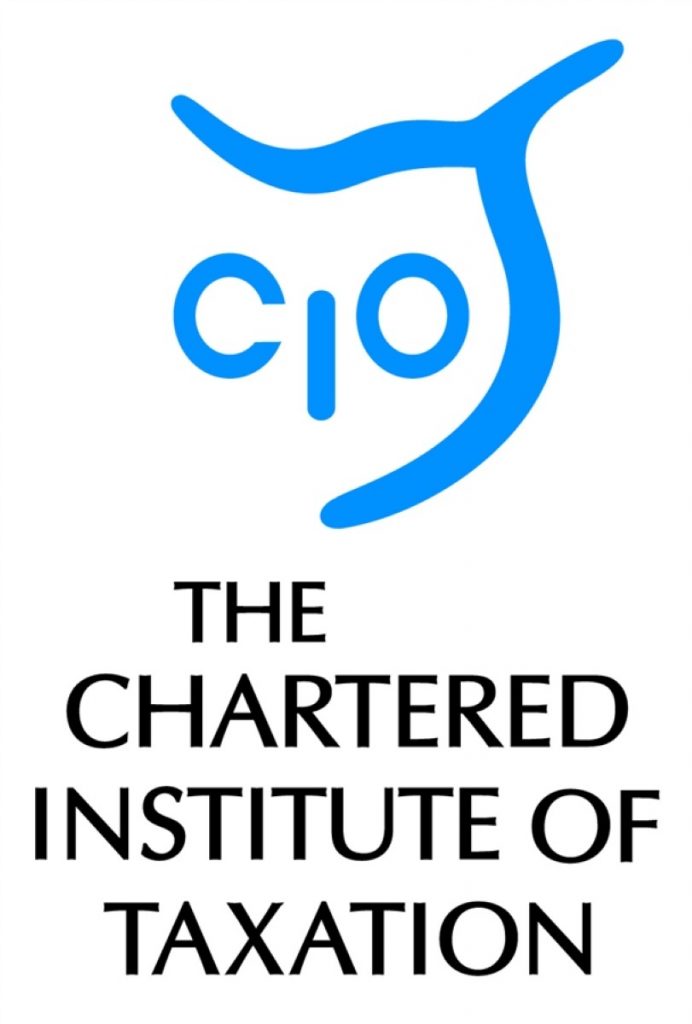News from the Low Incomes Tax Reform Group of the Chartered Institute of Taxation
From this week, HM Revenue & Customs (HMRC) are starting to issue tax reconciliations to millions of employed taxpayers and pensioners for 2013/14. Many of these will show that there is tax outstanding and HMRC will want that tax paid. The Low Incomes Tax Reform Group (LITRG) has issued a guide to help taxpayers understand their actual tax liability.
A guide issued today by the Low Incomes Tax Reform Group leads you through the steps to check these forms P800 that are issued to people who are paid through PAYE (Pay as You Earn), but are not within self-assessment – and points out ways you may be able to reduce your tax bill or have it set aside altogether in some cases. What is crucial is that you do check it – sometimes there are mistakes and sometimes there are extra reliefs that you can claim. But you need to take action. Where there is extra tax to pay, HMRC will try to collect it from you via your earnings next year or, failing that, will ask you to pay it in a lump sum.
Anthony Thomas, chairman of the Low Incomes Tax Reform Group, commented:
“Millions of these reconciliations are issued each year and while most of them are correct, many have discrepancies that can be due to mistakes made by the employer or pension provider, or HMRC. Sometimes when that happens the taxpayer will be able to have the tax due written off or reduced, but this can take considerable time to sort out. If you think that it was an error by HMRC or your employer or pension provider that caused the tax underpayment, we suggest you make no payment of tax until the issue is fully resolved.
“We urge you to contact HMRC and query the figures as a matter of urgency if you are not sure they are correct. Make sure you understand how any tax underpayment has arisen – and, if necessary, ask HMRC to take action to ensure the problem does not repeat itself.
“Where paying the tax will cause you hardship, we also recommend you contact HMRC as soon as possible so that you can negotiate a payment plan.
“Always remember to take a note of the date and time of any call made to HMRC so that your call may be traced, if necessary.”
Notes to editors:
1. LITRG’s guide can be accessed here.
2. The Low Incomes Tax Reform Group (LITRG)
LITRG is an initiative of the Chartered Institute of Taxation to give a voice to the unrepresented. Since 1998 LITRG has been working to improve the policy and processes of the tax, tax credits and associated welfare systems for the benefit of those on low incomes.
3. The Chartered Institute of Taxation (CIOT)
The CIOT is the leading professional body in the United Kingdom concerned solely with taxation. The CIOT is an educational charity, promoting education and study of the administration and practice of taxation. One of our key aims is to work for a better, more efficient, tax system for all affected by it – taxpayers, their advisers and the authorities. The CIOT’s work covers all aspects of taxation, including direct and indirect taxes and duties. Through our Low Incomes Tax Reform Group (LITRG), the CIOT has a particular focus on improving the tax system, including tax credits and benefits, for the unrepresented taxpayer.
The CIOT draws on our members’ experience in private practice, commerce and industry, government and academia to improve tax administration and propose and explain how tax policy objectives can most effectively be achieved. We also link to, and draw on, similar leading professional tax bodies in other countries. The CIOT’s comments and recommendations on tax issues are made in line with our charitable objectives: we are politically neutral in our work.
The CIOT’s 17,000 members have the practising title of ‘Chartered Tax Adviser’ and the designatory letters ‘CTA’, to represent the leading tax qualification.
Matthew Oliver
External Relations Officer (Monday, Tuesday and Wednesday)
D: +44 (0)20 7340 2702
Chartered Institute of Taxation
Registered charity number 1037771
www.tax.org.uk
The Association of Taxation Technicians
Registered charity number 803480
Registered company number 2418331
VAT Registration Number 497 5390 90
www.att.org.uk
1st Floor, Artillery House, 11-19 Artillery Row, London SW1P 1RT





-01.png)